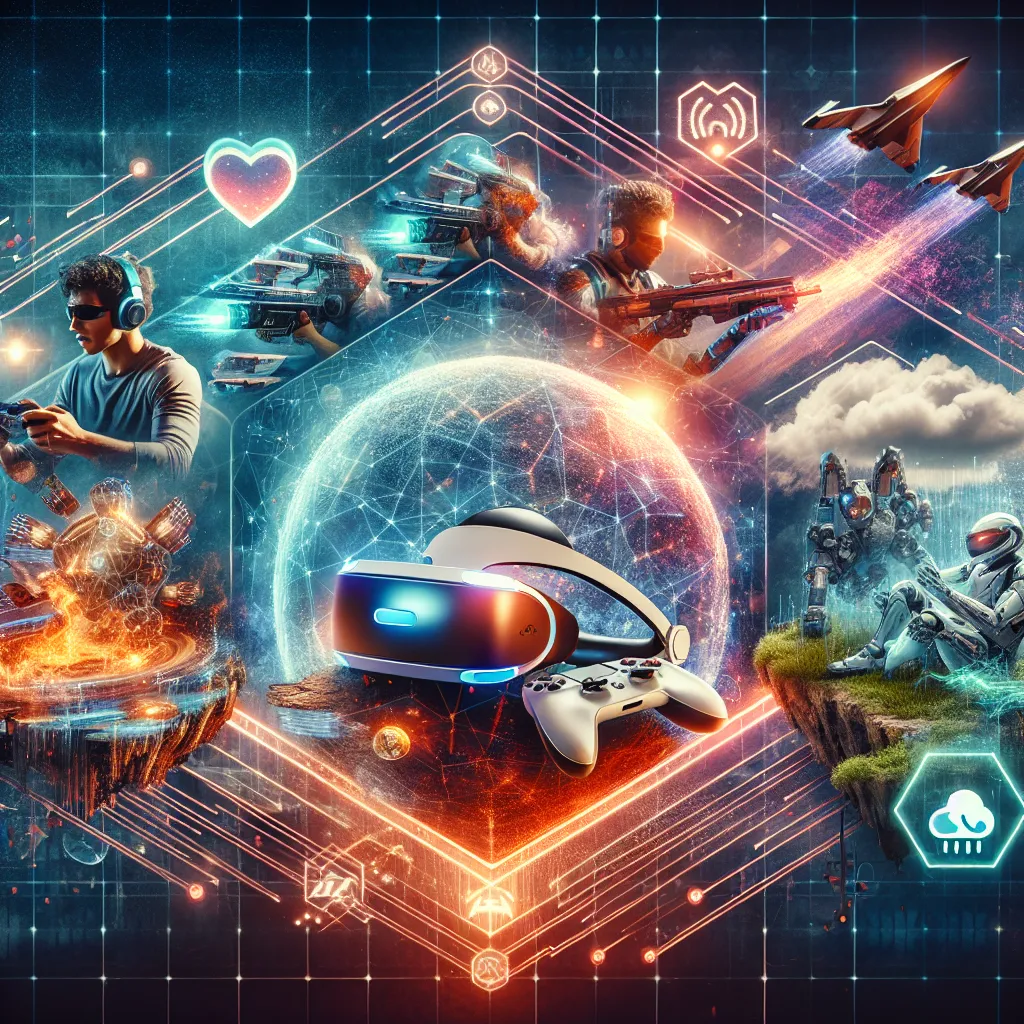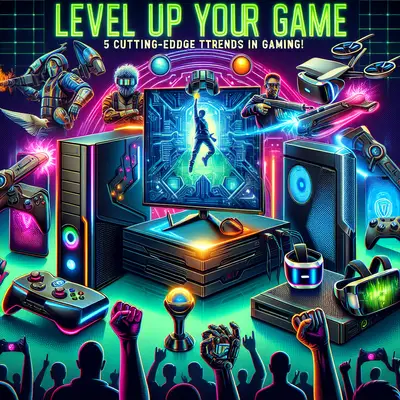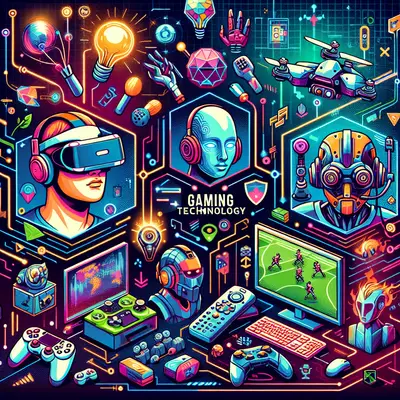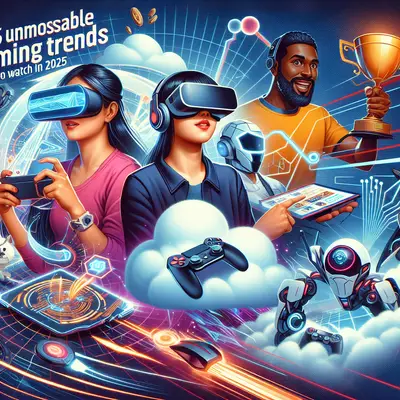Esports on the Rise
Esports have exploded in popularity, becoming more than a niche industry, and are now a mainstream form of entertainment. With major tournaments offering multi-million dollar prize pools and attracting audiences in the hundreds of millions, it’s clear that esports is here to stay. The potential of esports has even caught the attention of traditional sports leagues, with many investing in or starting their own esports leagues.
The Dawn of Cloud Gaming
Gone are the days when you needed a high-end PC or the latest console to play top-tier games. Cloud gaming services have democratized access to high-quality gaming experiences. Now, all you need is a stable internet connection and a subscription to a service like Google Stadia, Xbox Cloud Gaming, or PlayStation Now. This shift to the cloud is also changing the gaming industry's business models, with many companies exploring subscription services and other alternative revenue streams.
Virtual Reality Gets Social
Virtual Reality (VR) has been around for a while, but it's in 2025 where it's really taken off. Thanks to advancements in technology and design, VR games have become more immersive and realistic than ever before. One of the most exciting developments is the rise of social VR games, which allow players to interact with others in a virtual space, creating a more engaging and communal gaming experience.
The Blurring of Genres
We're seeing a fascinating trend where games are no longer confined to a single genre. Games today blend elements from various genres, creating unique and diverse gaming experiences. Think of games like "Valheim," which combines survival, crafting, action, and exploration elements, or "Among Us," which mixes deception, communication, and strategy. This blurring of genres is pushing the boundaries of game design and offering players more varied and immersive experiences.
Gaming for Good
Gaming is not just about entertainment anymore. Many games now have a greater purpose, whether it's to educate, raise awareness about important issues, or even to help solve real-world problems. Take "Sea Hero Quest," a mobile game developed to help scientists understand dementia better. Or "Foldit," a puzzle game that contributes to scientific research in protein folding. Gaming for good represents a significant shift in how we perceive and use games, highlighting their potential as tools for positive change.
Conclusion
Gaming in 2025 is a thrilling universe, full of innovation and fresh ideas. From the rise of esports and cloud gaming to the emergence of social VR and genre-blending games, we're witnessing a radical transformation in the world of gaming. And with games increasingly used for good, the impact of this transformation is felt not just within the gaming community, but society at large. It's an exciting time to be a gamer!



